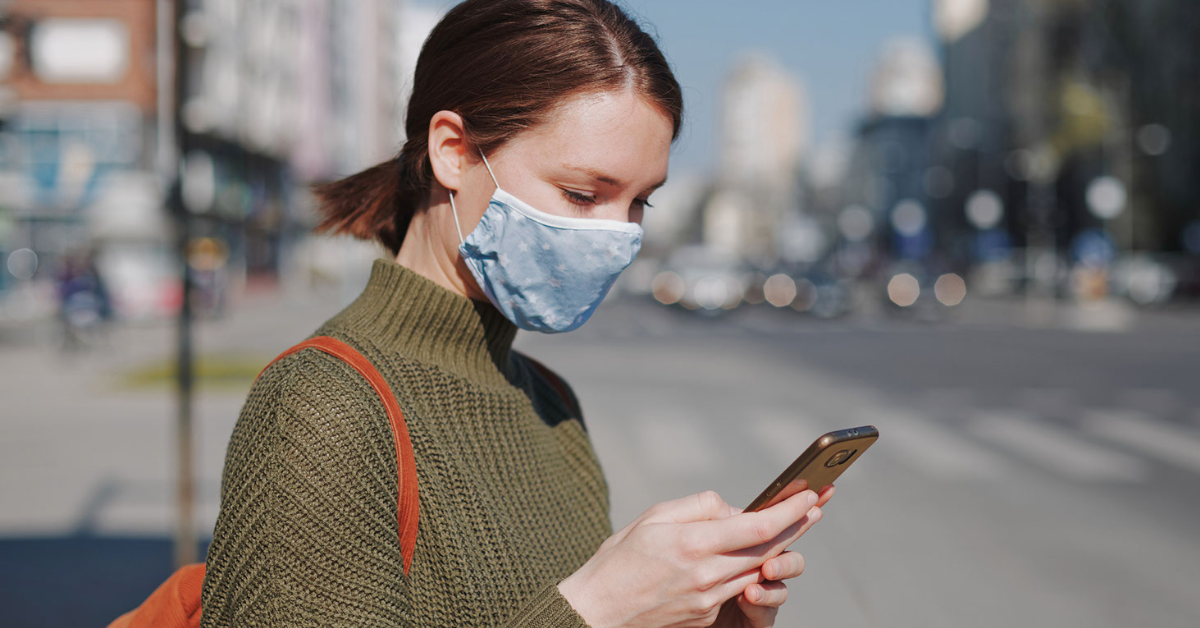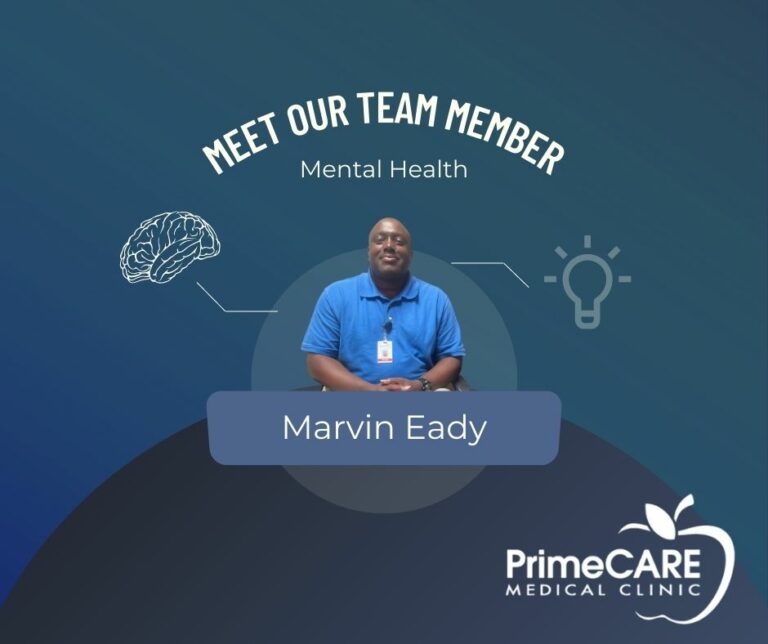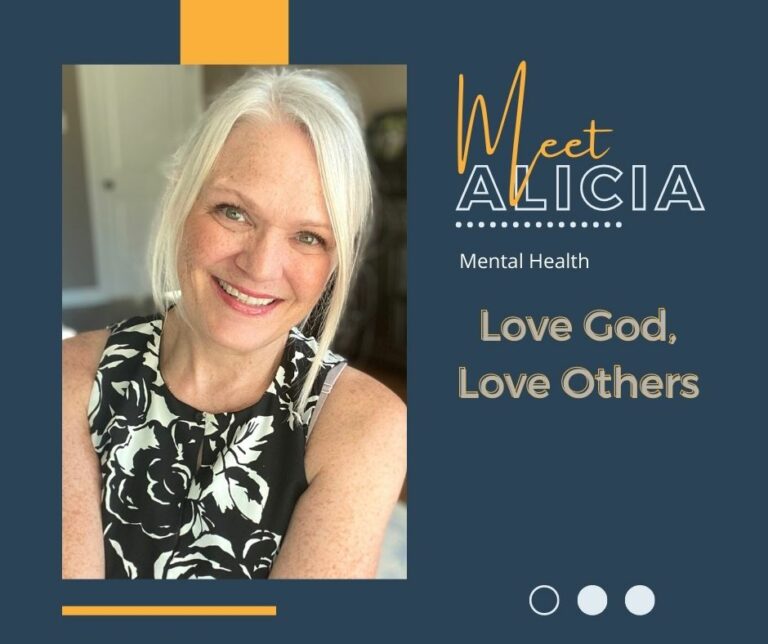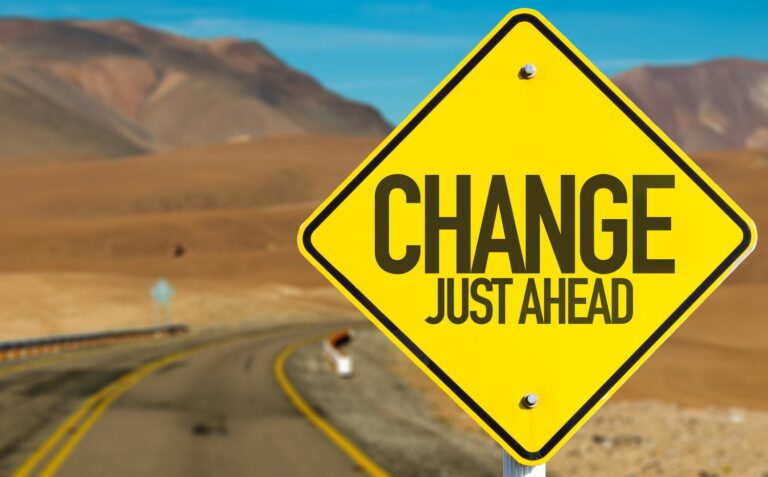I remember end of February 2020 when Dr. Wornock told the staff we needed to prepare to be able to be at home for about two weeks. My family had just made a Sam’s run and luckily toilet paper had been on the list (remember when that was a thing??). I went to dollar tree and bought some crafts and puzzles to entertain my toddler. We didn’t really have a clue what was about to happen.
It feels like it changed overnight. Everything started to shut down. My clients that are college students couldn’t come back after spring break and I had to figure out how to get them taken care of. Everything moved to telehealth for a while and I hated it. I was glad for the opportunity to keep continuity with clients, but I was missing the bones of therapy: the human interaction.
I had the same conversations with clients, hour after hour, everyone feeling fear, anxiety, hopelessness. I also felt like I needed to be sitting on the couch next to them because I was walking through the same confusion and trauma they were.
One of the hardest things for me was watching helplessly as my PrimeCare team moved from determined grit to sheer exhaustion as every wave of Covid came. I thought omicron was going to do us all in. I watched them put one exhausted foot in front of the other, and show up day after day, tired and short staffed, seeing numbers of patients 2 or 3 times the norm.
Personal & Vicarious Trauma
It doesn’t matter what your personal experience was with Covid, we all experienced trauma in some way through the pandemic. Loss, sickness, grief are just a few examples.
Vicarious trauma is what happens to your brain and body when you watch someone go through something traumatic, but you aren’t actually involved. It’s what we experience when we see Ukrainian children crossing Polish borders by themselves. It’s what we felt when we watched the daily Covid number update at the height of the pandemic. It’s what happened when we watched the video of George Floyd, the riots, the trial. Covid wasn’t the only huge thing that happened over the last two years.
But, what did happen, is Covid forced us to isolate- to hold all that on our own. We were separated from friends and family for varying lengths of time. We watched the news and didn’t know who to trust.
Suicide and suicide attempts increased exponentially. Child abuse increased exponentially. Anxiety. Depression. Fear. It’s all increased exponentially. And we had to hold it all in our 6 foot bubble behind a mask.
The Societal Effect
Our society will feel the mental health effects of the pandemic for generations. Just like the Great Depression altered the mental health trajectory of the country, so will Covid.
As we move out of the medical emergency part of the pandemic, we are seeing an epidemic of mental health. I am busier and fuller than I’ve ever been, and therapists across the board are saying this. I turn down referrals daily, but have no one with an opening to refer to. Everyone is traumatized, grieving, and angry…. I think the anger is the thing I’m seeing most because anger is way easier to feel than grief. Mental health clinicians are now feeling the pace our medical friends felt over the last two years. We are exhausted and overwhelmed for the same reasons I saw my PrimeCare team struggle: There are so many people that need help and we aren’t sure how to help everyone. We don’t feel equipped to meet the need we see, and deal with our own trauma from the last two years. As a profession, we are going to have to get creative because what worked pre-pandemic, won’t get the job done in a post Covid world.
Beauty from Ashes
And yet, I am not worried. The Bible talks about the idea of beauty from ashes, where God brings great beauty out of great sorrow. I think that we can all agree that a world where Will Smith punches Chris Rock at the Oscars is a world that’s been in a lot of ash. And while it is easy to look around and only notice or feel the ash, it is not the only truth out there. I also recently watched our community come together to take care of strangers last month when the apartment complex in Searcy burned down.
And honestly, when I think back to the craziness of 2020, I don’t remember the fear. I remember the slow mornings with my son picking flowers (weeds) in the front yard, making pinecone birdfeeders, coloring pictures, reading stories – all things that I wouldn’t have been able to do as much of if the world had been normal and I had been at work. I remember locals rallying behind small businesses and ordering takeout so they didn’t have to close. I remember nurses using their cell phones to call family members of patients so they could talk. I remember Lisa Douglas from Rise and Grind walking around PrimeCARE praying over us, and then dropping off free coffee.
Even though it was the most isolated time I can recall in my life, the pieces that stick out to me the most were the little moments of connection. Because connection really does foster healing. The whole reason therapy works at its core is because of connection. And while it is going to take a long time to heal, if we lean into the discomfort, if we face the fear and pain, and hold onto each other while we do it, we really can come out stronger and more beautiful on the other side.
If you find yourself struggling, you are not alone. These last two years, and the years to come, have not been hard because we are weak, they have been hard because they were HARD. I encourage you to reach out. You don’t have to do it alone anymore. Find a friend, find a professional, whoever you need, and let’s keep healing.
